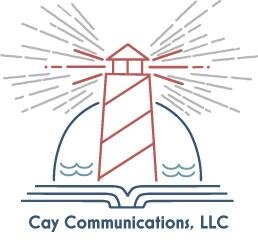Government Relations
Many nonprofit organizations and public/private partnerships working to provide a better quality of life for their constituencies discover governmental regulations or laws that are obsolete and/or are hindrances to their efforts. Nonprofits have some restraints on their activities to influence legislation and government department regulation development. At the same time, most savvy government workers depend on nonprofit professionals’ input to inform them.
Cay Communications can inform your organization of how to go about forming, maintaining or enhancing your government relationships which may include: municipal, county, state, state authorities (regional commissions, agencies on aging, community service boards, etc.), and federal regulation makers, legislators, and executive branch members legally and effectively. Nonprofit leaders may serve on legislative study committees; can form alliances with professional associations to promote positive community change, can host community meetings for government leaders; can provide white papers and/or other types of informative reports. Nonprofits are at the vanguard of best practices and evidence-based practices. We also are the ones who push to improve those practices and we are often the ones who perform the research that determines the efficacy of practices. Because we are on the “front lines”, we are usually the first ones to see changes in trends and make the alterations to best practices to keep them current. We cannot expect legislators, governors or other government workers to have the same immediate access to data service nonprofits have. Government serves its communities and we can help them do that better as we help ourselves serve our communities better.
Cay Communications can provide workshops for staff and/or board members of your organization on how to develop mutually productive relationships with decision-makers who affect the populations and the services to those populations you serve. We can help you plan an effective advocacy strategy that supports rather than detracts from your resource development and/or program implementation strategies.
